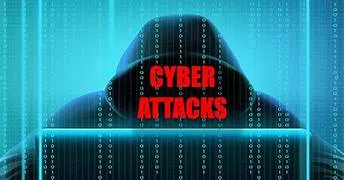Last summer, Fairfield Memorial Hospital fell victim to a cyber attack orchestrated by the notorious Russian ransomware group, LockBit. This attack resulted in a complete shutdown of the hospital’s computer systems, severely affecting its ability to provide essential imaging services, including CT scans and other critical diagnostic procedures. As a consequence, the emergency department had to rely on neighboring hospitals that were not impacted by the attack.
On July 2nd, LockBit announced on its data leak website that it would release sensitive information stolen from Fairfield Memorial unless a ransom was paid by July 17th. The hospital promptly reported the incident to authorities on July 3rd and enlisted the help of an external IT firm to restore its systems. Despite these efforts, it wasn’t until around July 22nd that imaging and diagnostic services were fully reinstated.
Fairfield Memorial was not alone in facing the threat posed by LockBit; it was one of hundreds of healthcare facilities and businesses worldwide targeted by the group. Other hospitals, including Ascension in St. Louis, Lindsay Municipal Hospital in Oklahoma, Michigan Medicine in Ann Arbor, and Children’s Hospital in Minneapolis, also battled LockBit attacks this year.
In a separate incident, LockBit demanded a ransom of $900,000 from Lurie Children’s Hospital in Chicago. However, the hospital refused to comply and successfully restored its systems without paying the ransom. The resolution of the situation at Fairfield Memorial has not been disclosed.
Earlier this year, the United Kingdom’s National Crime Agency (NCA) Cyber Division took significant steps to disrupt LockBit’s operations by seizing control of the attackers’ encryption networks. This intervention led to the indictment of two Russian nationals by U.S. authorities for their roles in the ransomware scheme. To date, five Russian nationals have been charged, with additional investigations ongoing.
While federal officials assert that LockBit’s illegal operations have been disrupted, reports indicate that a variant of the ransomware continues to pose a threat. This ongoing risk has compelled hospitals and other organizations to invest more heavily in cybersecurity measures to safeguard their systems.

Comments